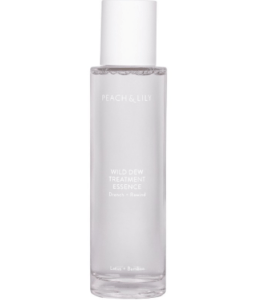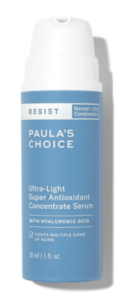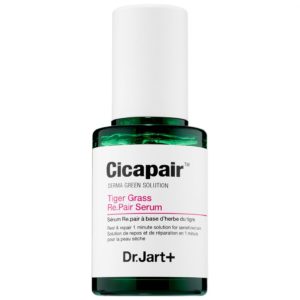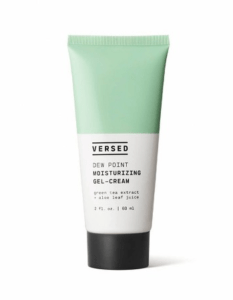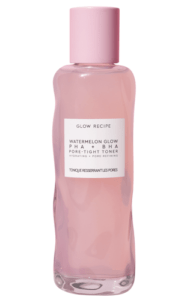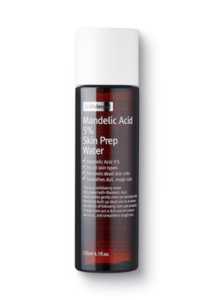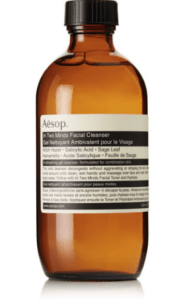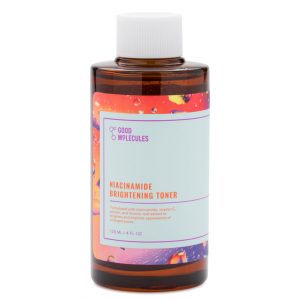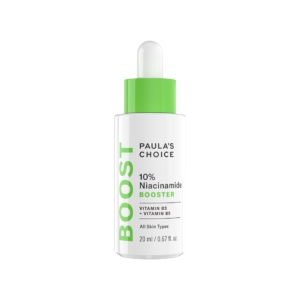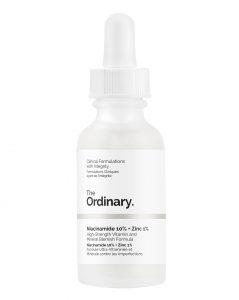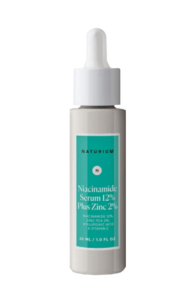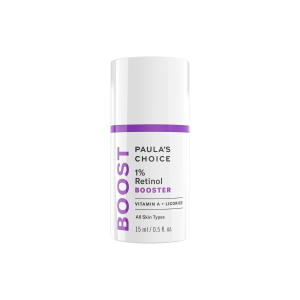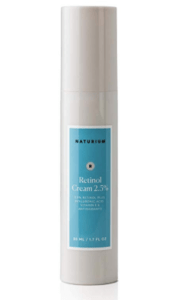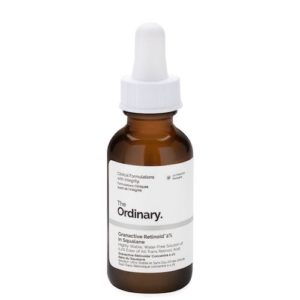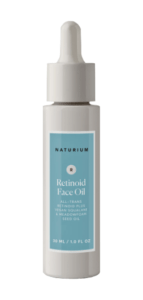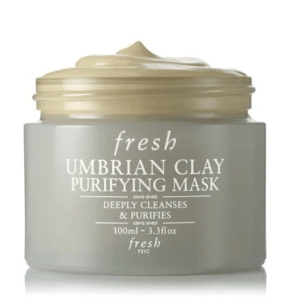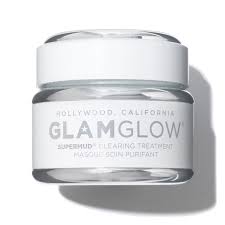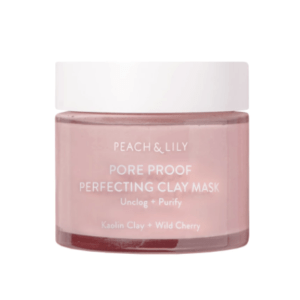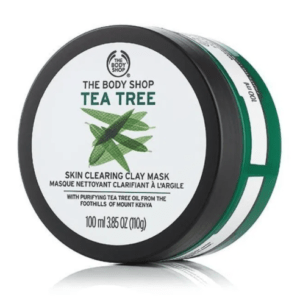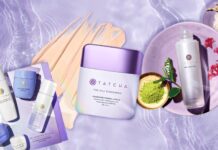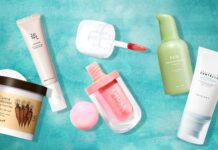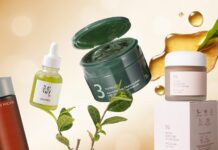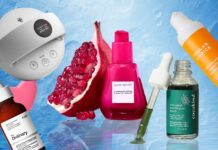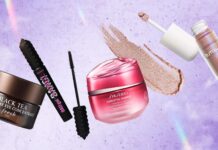
When you’re facing clogged pores, it seems impossible to achieve clear skin. But the trick is to really know your skin and take the time to understand what it needs. Here are 5 things you need in your skincare routine to get rid of clogged pores.
1. Hydration
Regardless of what skin type you have, it’s super important to keep your skin hydrated. Why you might ask, well, first you should know what sebum is. A simple explanation of sebum is that it’s our skin’s natural way of moisturizing itself and the reason for the sebum overproduction or underproduction is dehydration. For both oily and dry skin types, dehydrated skin means the body is producing more sebum to make up for the lack of moisture. The problem is that your skin may end up producing more sebum than it actually needs, leading to clogged pores and breakouts.
How to Use
Make sure you drink water to hydrate your body and apply hydration-focused skincare products such as toners, essences, serums, and moisturizers. Some hydrating ingredients include hyaluronic acid, glycerin, panthenol, urea, ceramides, fatty alcohols, and squalane.
Product Recommendations
2. AHA/BHA/PHA
This for those days when your skin feels congested, textured and dull. It’s even worse when you’re getting random dry patches that just doesn’t seem to go away, this is actually caused by an excess buildup of skin cells. These skin cells end up blocking your pores and can even cause acne. Instead of panicking, understand that this is the perfect time to bring out your handy dandy natural acids.
What Is It
AHA (alpha hydroxy acid), BHA (beta-hydroxy acid), and PHA (poly hydroxy acid) are ingredients found in every step of your skincare routine. They are natural acids derived from plants or fruits that exfoliate the skin. How do they work? Your skin goes through a natural shedding process (also called cell-turnover) that casts off the old surface skin cells and replaces them with new young cells. Occasionally this process causes old skin cells to clog your pores and block the sebum from moistening your skin. The acids help to unclog by targeting your skin cells and even from inside the pore.
How to Use
Start low and slow. Pick a product containing any of these exfoliating acids and space out the days you use them. As for concentrations, start with the lowest and gradually build up depending on your skin. It’s also important to read the instructions carefully, some products are designed for daily use while others are designed for weekly use.
Product Recommendations
3. Niacinamide
This ingredient (also known as vitamin B3) is a multi-tasking powerhouse that keeps on giving! It also works to brighten and even out your overall complexion, strengthen the skin barrier, and even make your pores appear smaller! Niacinamide gets along well with other active ingredients so there’s no need to worry if you layer a niacinamide treatment with your moisturizer.
Product Recommendations
4. Retinol
Did you know retinol was originally sold as acne treatments before they were marketed for anti-aging? If you have large pores and acne, retinol is an effective ingredient that kills acne-causing bacteria and resurfaces the skin. It’s quite a potent ingredient so you might experience dryness or flaking.
How to Use
Start with a low percentage and remember to apply moisturizer afterwards to avoid peeling. Retinol is best used during your night routine since this is the time your skin undergoes regeneration mode. And in the mornings, always use sunscreen to prevent photosensitivity.
Product Recommendations
5. Clay Mask
There are plenty of different types out on the market, and each type of clay has their own unique properties. If you have oily skin, clay masks work by absorbing excess sebum and other impurities within your pores. The only caveat to clay masks is to keep them on for only the recommended time. Leaving clay masks on for a long time overly strips your skin free of oils and can cause your skin to produce more afterwards. When used properly however, you’ll find them doing wonders for controlling your oils. As a side reminder, if you have eczema, psoriasis, sensitive skin and other conditions, it’s best to find other ingredients. Clay masks can be too strong for sensitive skin types and might exacerbate the condition.
Product Recommendations
For more information about clogged pores, check out our video:
Head over to more information and product recommendations:

